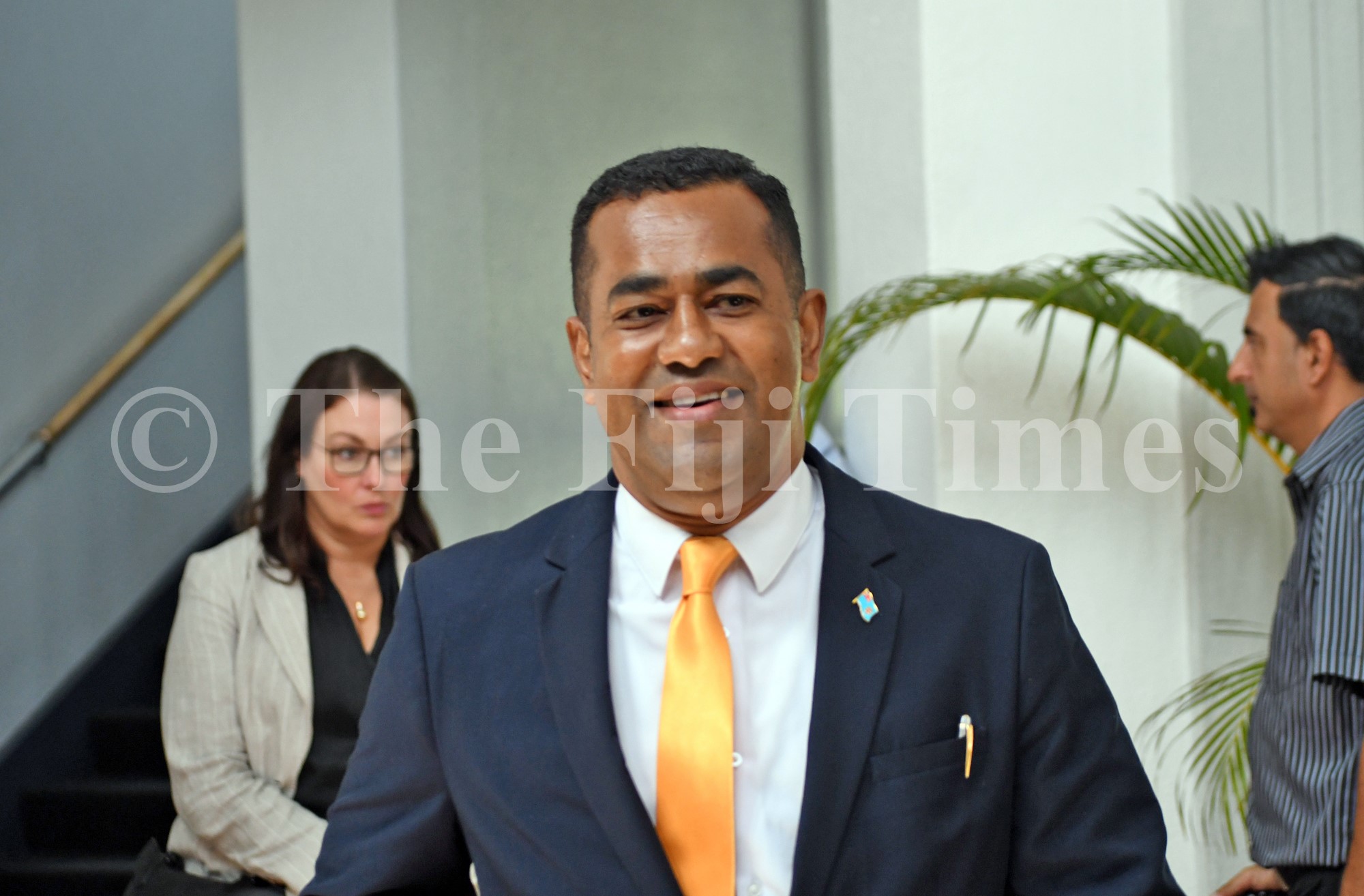PORT MORESBY, 16 AUGUST 2018 (POST COURIER) – Economic activity in PNG has slowed down over the last six months with the commercial and residential investment property market especially in Port Moresby and Lae showing signs of stress in the past 12 months.
This is based on Bank South Pacific’s analysis of anecdotal indicators reported in the BSP Pacific economic and market insight for June quarter 2018.
It is also based on the ICCC’s notation of property prices coming down with a lot of vacant properties in the market.
Bank of PNG also reported that employment growth was stagnant in Q1 2018, compared to Q1 2017.
And the just released MYEFO 2018 stated that “salary and wage tax collections were lower than expectations in the six months and clearly relates to some decline in employment in the non-mineral sector.”
Similarly, the credit data bureau reported that default rates had increased in the six months, compared to previous corresponding period totaling 13,322 defaults over the year.
In releasing the BSP Pacific economic and market insight for June quarter 2018, BSP general manager – treasury, Rohan George said: “Despite the short-term slow-down, the medium and long-term prospects look positive in light of the major PNG LNG and mining development projects in the pipeline. BSP expects GDP growth of around 1.0 per cent in 2018, in light of the impact of Highlands earthquake and the NSO down grade to 2015 GDP estimate from 10.5 per cent to 5.3 per cent.”
The BSP report stated that “apart from central bank intervention, short-term solutions for the forex shortage will likely come from increased levels of foreign direct investment associated with new or extended energy or mineral projects.
This may materialise in an influx of foreign currency into the market in the next six to 12 months.”
The report noted that the government’s total revenue, including foreign grants was K2.4bn (US$738 million), whilst total expenditure was K2.7bn over the three months of 2018. Financing of the K2.0bn (US$615 million) budget deficit projected for 2018 will be challenging, despite re-investment by banks and institutional investors in the fixed interest market.
In light of these circumstances, Bank South Pacific Group chief executive officer, Robin Fleming, proposed that the Papua New Guinea Government consider issuing sovereign bonds to attract more international investors.
“Sovereign bonds would lengthen the debt profile of the government, diversifying the government’s risk profile and supplying foreign currency to the Forex market to help satisfy demand,” BSP said….





